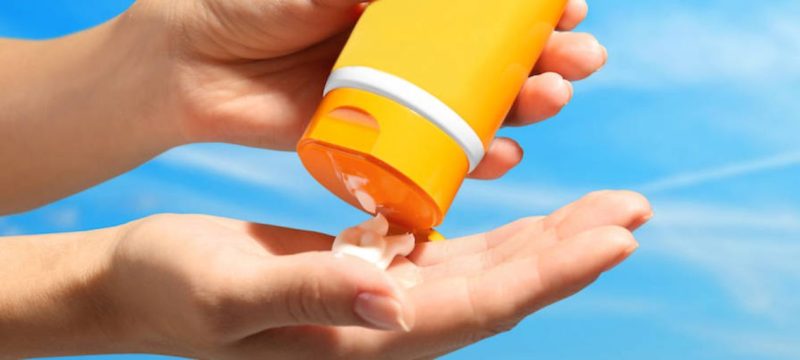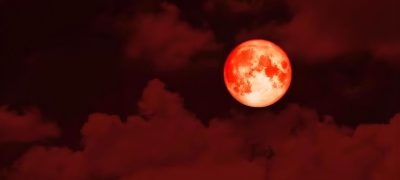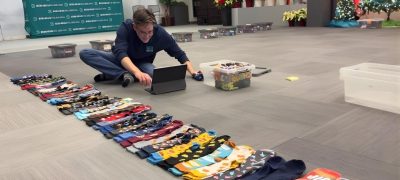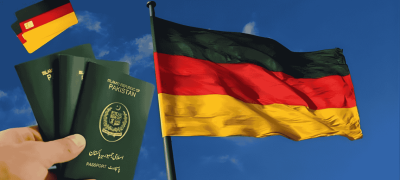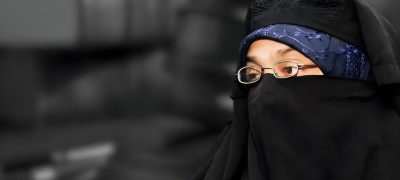The Australia sunscreen scandal is growing as regulators pull more products from shelves over safety concerns. Eighteen sunscreens have already been withdrawn, raising alarm in a country known as a skin cancer hotspot.
The controversy started when a consumer group tested popular sunscreens in June. Their report revealed that several high-priced products failed to deliver the protection levels printed on their labels. Some sunscreens advertised as SPF 50 were found to provide far less, with one testing as low as SPF 4.
Regulators traced the issue back to a shared base formula produced by Wild Child Laboratories. This formula, used in multiple brands, may not meet SPF claims once combined with other ingredients. The Therapeutic Goods Administration (TGA) is now investigating 21 products linked to the same formulation.
Ultra Violette’s Lean Screen, one of the best-known products affected, was completely removed after repeated tests showed inconsistent SPF results. The brand admitted its product did not always match the promised protection. Other companies, such as Naked Sundays, have paused sales of certain sunscreens while waiting for fresh testing.
Experts say the sunscreen scandal highlights a larger problem: different labs can produce conflicting SPF results. The TGA is also reviewing the reliability of tests carried out by Princeton Consumer Research Corp, a company used by several sunscreen makers.
Australia has one of the world’s highest skin cancer rates, making sunscreen a vital product. The current scandal has left many consumers questioning which products they can trust. Health officials are urging people to check recall lists, read labels carefully, and consider switching to more reliable brands.
This controversy is not only about sunscreen but also about consumer safety and accountability. Similar cases in other industries have raised concerns about misleading claims and weak oversight. For example, recent coverage of Princess Anne’s visit to Ukraine shows how international attention can spotlight urgent humanitarian and consumer issues.
As the Australia sunscreen scandal widens, pressure is building for stricter testing standards. Until then, experts warn Australians to stay cautious, especially during the country’s hot summer months.


